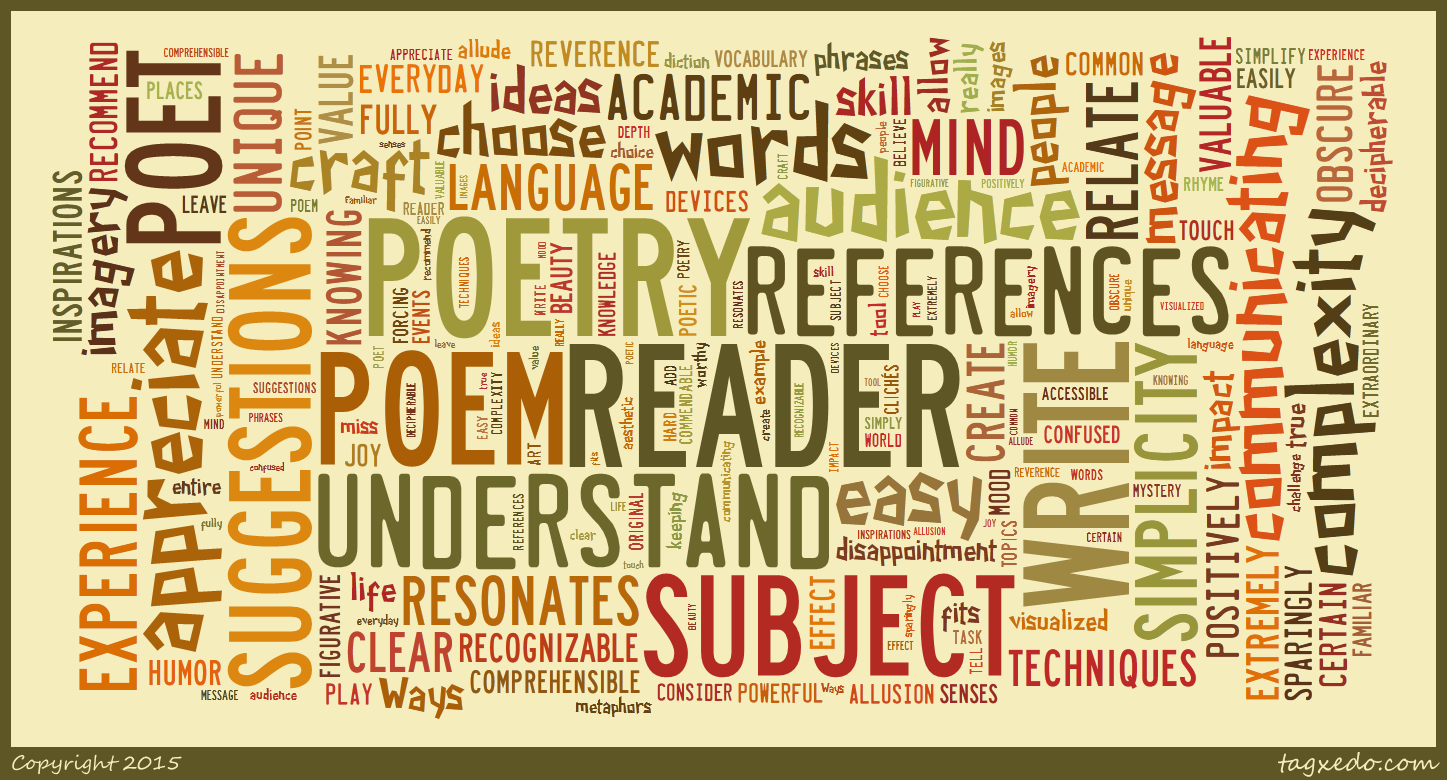
Marketing Sense
if you only have one marketing goal in 2022, make this one
If you’re already deeply connected to your audience…if serving them up close and personal is already your priority…and if…
December 12, 2021
If you’re already deeply connected to your audience…if serving them up close and personal is already your priority…and if…
December 12, 2021
“Ah! I’ve had too many sales!” said no author ever. The truth is, sales are directly tied to what…
February 12, 2020
It’s never been easier to get your book published. But easy access to publishing creates challenges of its own.…
September 2, 2019
3-Step Plan for A SPEC-tacular Audience By now you have already noticed the play on words, and I’ll admit…It…
July 28, 2016
Simplicity is extremely valuable when it comes to communicating through poetry. I’ve always wanted my poems to positively impact…
October 18, 2015
Very few people take a trip without a destination in mind. When we travel, good planning makes for a good…
July 31, 2015